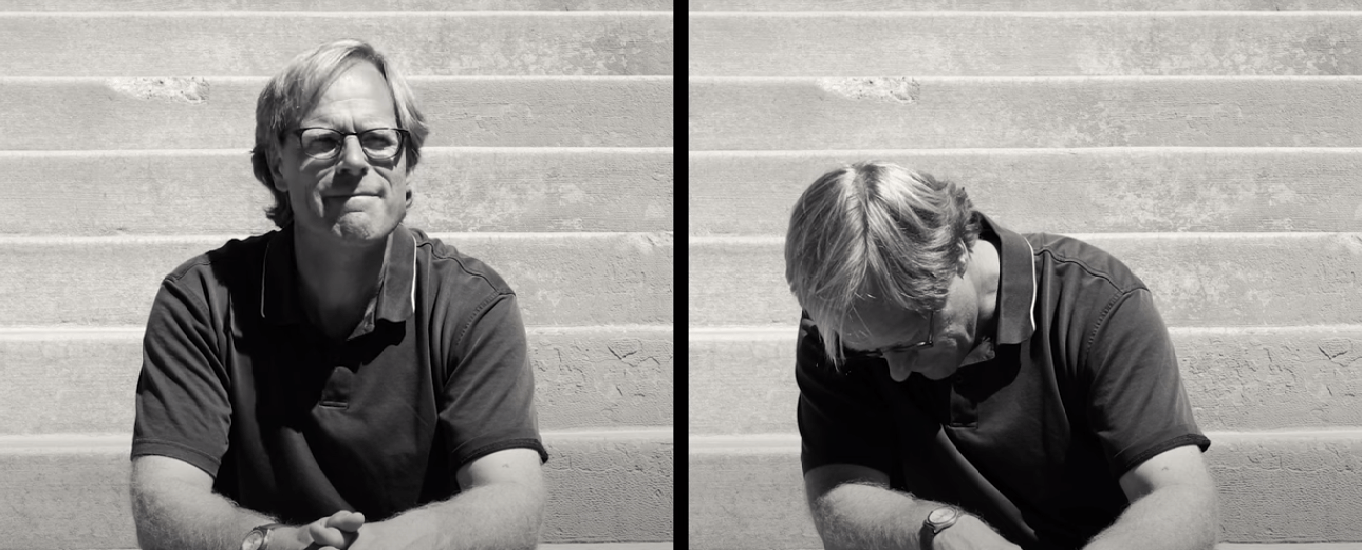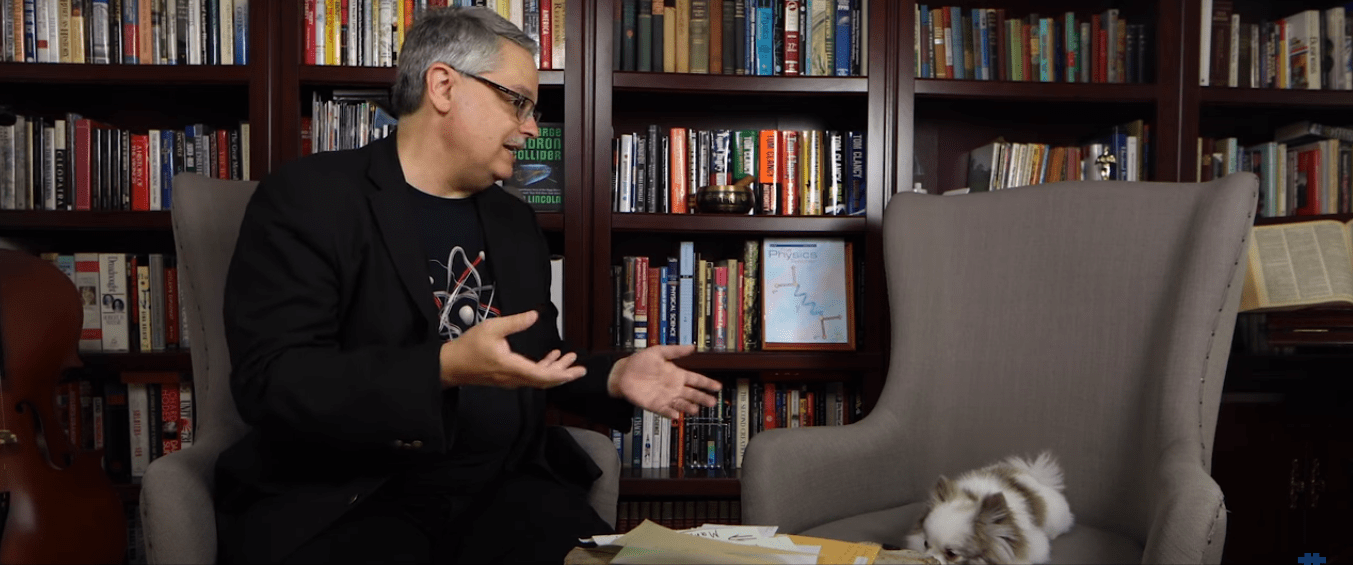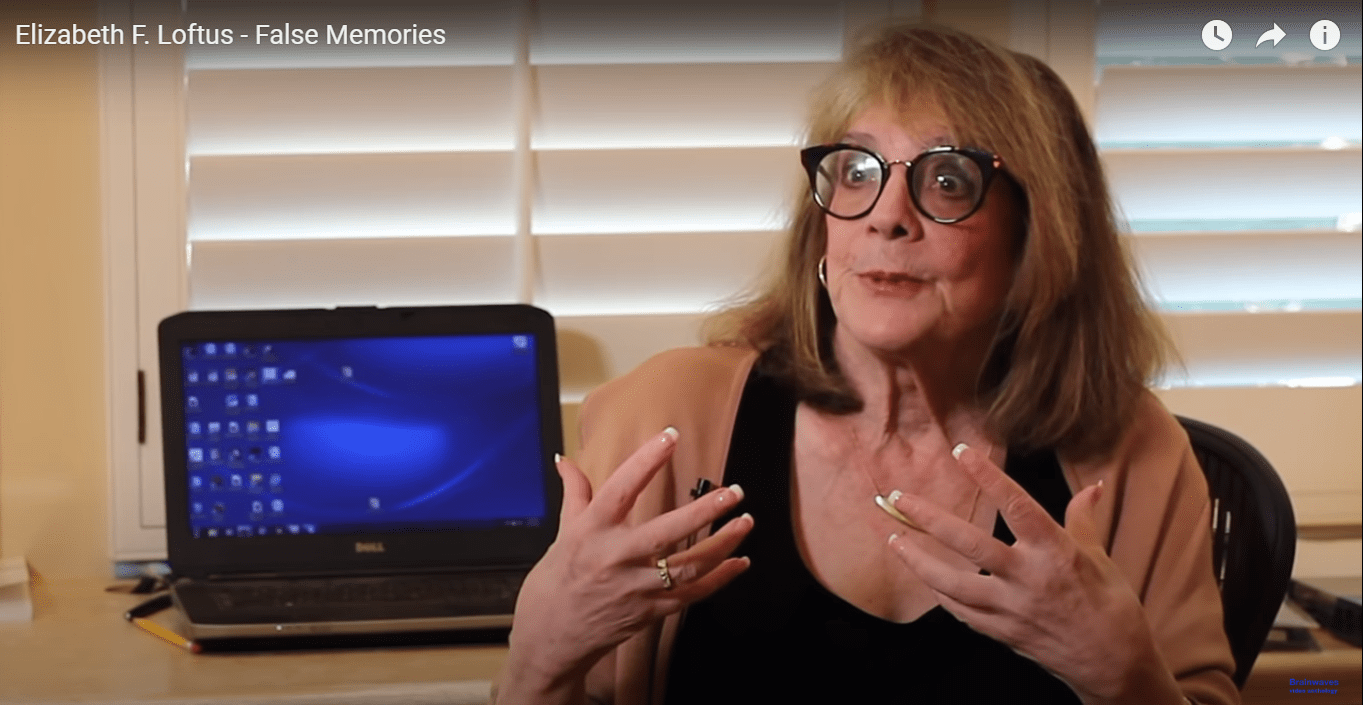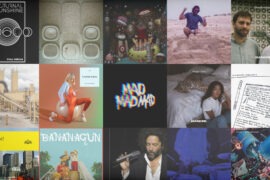It’s Jif, not Jiffy. It’s Loony Tunes, not Looney Toons. It’s Kit Kat, not Kit-Kat. And if you are one of those attesting that Sinbad played genie, I’ll tell you what: he didn’t. Confused? You’re experiencing the Mandela Effect.
The Birth of Mandela Effect
The term Mandela Effect first started with Fiona Broome, a self-proclaimed paranormal consultant claiming she witnessed the death of Nelson Mandela in prison in the 1980s when in fact, he lived until 2013. Broome even asserted that she watched the news covering Mandela’s death and his wife giving out a speech about it. This probably wouldn’t make much noise if Mandela wasn’t a famous person or if Broome was just the lone person claiming the said event, but unfortunately… everything didn’t go that way.
In one of her videos, Broome even narrated how she heard a security manager in a 2009 Dragon Con recalling the same memory that time. According to her, word for word, the manager said:
“This conversation reminds me of people who remember Nelson Mandela dying, decades ago.”
This is then followed by the support of more people after Broome and her editor started a website to find other people believing in this memory. And they did find tons of them.
Imagine countless individuals supporting Broome’s belief that a well-known person died earlier than he did. A group of people. A portion of the population. Countless heads believing a particular event that happened when in fact, it didn’t.
So, imagine that and let that sink in. Is it possible that it actually happened in some sort of a parallel universe of our own? Is it a glitch in the system of reality? Or is it just our minds playing tricks with us?
Mandela Effect: Reflection of Parallel Universe
This mind-boggling occurrence continues to amaze us in our everyday lives and in the most typical things. Besides the famous and problematic claim about Nelson Mandela’s 1980 death, there are also other known similar cases that most people still believe. They further fortify people’s doubts and questions regarding reality.
From the Fruit of the Loom’s inexistent cornucopia to the spelling of Berenstain Bears to Neil Armstrong’s forgotten 2012 death, there are still a handful of same cases where people seem to believe a different kind of reality. However, is it really possible that another kind of reality exists? To be precise, is it possible for a parallel universe to exists? Is it the answer behind the Mandela effect?
Well, if we just want a more creative explanation about the Mandela effect while keeping the science to back us up, the concept of a parallel universe would be a good answer.
In this facet of the astronomical theory of the multiverse, theorists believe that other universes exist besides the one we know, or besides the one we are experiencing. According to this theory, alternative versions of events and objects exist inside a specific universe, and that the Mandela effect is somehow caused by a glitch between universes. Under this hypothesis, we have our own version living their own lives. Our own copies making their own decisions and enjoying a different kind of reality. Hence, the perfect ingredient for the Mandela effect conspiracy theorists need.
Dr. Don Lincoln, an American physicist, however, opposes this in his video and even calls it “silly” and “just isn’t true.” According to Dr. Lincoln, the claims of multiverse believers that there has been sliding between parallel universes is far from possible.
According to him, it is impossible that we could remember a specific detail we gained from another universe (in case it’s true) since memory is stored in the physical brain of our copy.
He also goes further by addressing the claims of some people that your body could be transported to another universe. Dr. Lincoln just answered it casually that disappearing without anyone noticing it is “really approaching tinfoil territory.”
So, what resort do we have if the concept of a multiverse fails us? Psychological theories are the answer.
Man’s Complex Mind
The Mandela effect has attracted both the attention of conspiracists and other professionals, with most of them being psychologists. Nonetheless, even before the term was established, there had already been some studies focusing on this concept previously called “false memories.”
For instance, in two studies conducted by Elizabeth Loftus and John Palmer in 1974, they investigated how language could affect the development of false memories.
The first study then found out that the words or degree of words used in a question phrase can affect the response of the individual. On the other hand, the second study proved the phrasing of the question can push individuals to focus on previously ignored details, leading to the misconstruction of man’s memory recall.
Loftus has also proved in her study that when you present people with false information, people sometimes adopt them as part of their own memories and would be convinced of it. Moreover, according to her, the power of suggestion that can convince people of wrong information proves that human memory is malleable.
With this, doctors and other researchers believe that the Mandela effect is primarily caused by confabulation. In the simplest manner, the event causes the brain to create new information to fill in the gaps in our memory that our brain can’t remember. So, without an individual’s intention, the false memory starts and the mind uses those false details currently available.
However, is it really possible for a huge group of people to have the same false memories? According to experts, when a family or a group of people is exposed to a similar cognitive and social reinforcement of wrong information, the formation and sharing of false memories can happen.
This is evident among the population of people who remembers specific details differently in some movies they’ve watched. Take the Silence of the Lambs as an example. Individuals believe that the famous character Hannibal Lecter uttered the famous line “Hello, Clarice" clearly. However, no matter how many times you watch the movie, this line is never present.
The same goes for the people who claim that a movie called Shazam exists where it features the comedian Sinbad playing a genie. However, again, it is never true. Experts say that this is a mix-up of memory with the character of Shaquille O'Neal in the movie Kazaam and, yes, it is true that he played genie here. But what could be the specific information reinforced here that encourages this false memory? Sinbad appeared in some 1990s children’s VHS films with one of them reportedly presented a preview for Kazaam. This idea, as experts believe, conditioned the mind of those who watched it.
Bottom Line: What’s Real and What’s Not

The theory of the multiverse, though still unproven, gives us a creative explanation that excites our minds. This pushes us to think of amazing possibilities in the cosmos. There is still a boatload of believers and supporters of this theory and a lot of other conspiracy theories gripping on this belief. And in case this would be proven in the future, the idea of a parallel universe won’t just verify the claims about the unique development of the Mandela effects under quantum physics; it will also give clarity to other questions about man’s existence.
False memory, on the other hand, currently provides us something our society can discern better and easier based on what we believe is real: tests and study records about how human minds behave. The findings experts hand to us help us to understand how a man processes ideas and information in a very complex way.
Nonetheless, whatever side you’re on, there is still one fact I am sure we will all agree with: the world is as complex as the human mind. Complexly mysterious.










